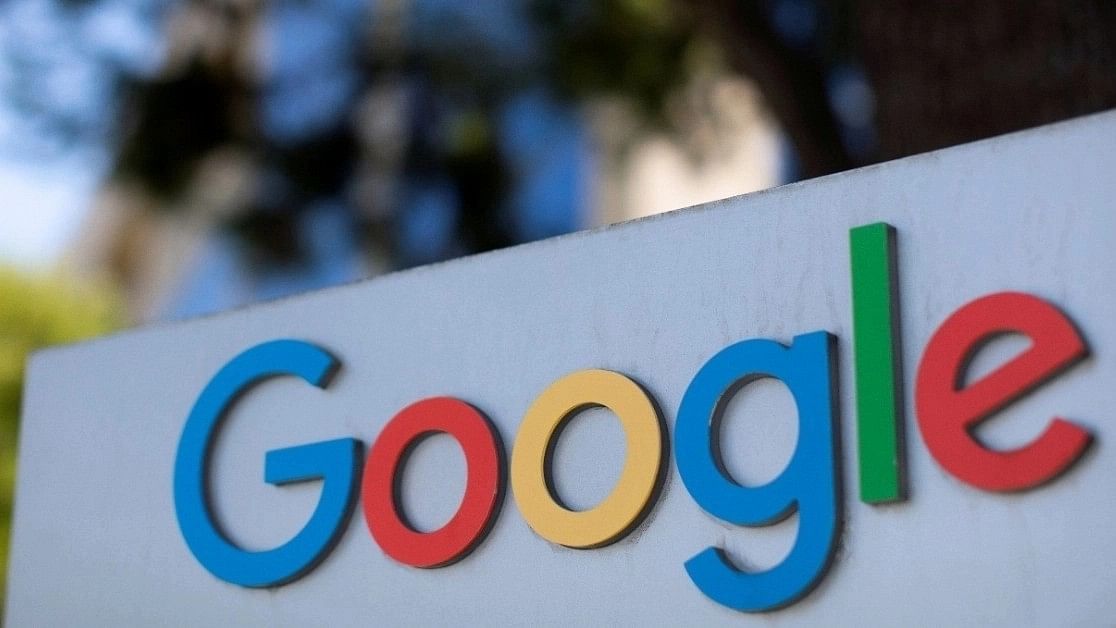
The Google logo.
Credit: Reuters File Photo
By Marissa Newman and Fadwa Hodali
Ashraf Creish, the owner of the West Bank restaurant Zest, knew the Israel-Hamas conflict was going to be hard on business. The steady flow of diners from international organisations and consulates in Jerusalem stopped after Oct. 7 and never came back.
But he ran into an unexpected hurdle in seeking new customers for his Ramallah cafe, which enjoys a 4.7-star rating on Google: Alphabet Inc. blocked new reviews for businesses in Israel and the Palestinian territories since Hamas attacked southern part nearly eight months ago.
“People look up the reviews if they want to go to a restaurant and they don’t see it now," Creish said in an interview. Zest averaged four or five reviews a week on Google before the war, he said. The steady flow of reviews was “part of our success.”
The open-ended Google policy — meant to guard against trolls and protestors who’d misuse the system during conflicts — is one example of the struggles facing many small businesses in Israel and the Palestinian territories since the conflict, which has devastated the economy and upended the tourist trade they depend on. New businesses formed since October told Bloomberg that they can’t register on Google Maps.
“As we have done previously in conflict situations, we put additional protections in place to monitor and prevent content that violates our policies for Maps, including temporarily blocking new reviews, photos, and videos in Israel and Gaza,” a Google spokesperson said, declining to comment on specific instances. A similar policy was in effect in Russia and Ukraine in 2022, according to media reports at the time, but has since been lifted.
Small business owners, who weren’t notified about the change, have been struggling to find recourse. When Miriam Brainin, the chief operating officer of Tel Aviv job placement agency JobHunt initially approached Google in October over missing customer reviews, she was first told those reviews violated the company’s policy. A month later, she was informed that reviews were disabled until further notice, but was offered no explanation, according to screenshots shared with Bloomberg.
“They didn’t mention anything about the war. It really made me question myself, that perhaps I had done something wrong,” Brainin said in a phone interview.
While the Google search results for Brainin’s and Creish’s businesses say that they’re open, the war shuttered many companies in Israel, particularly in the first months when hundreds of thousands of Israelis were called up for military reserve duty.
“My clients look at it and say to themselves, the war broke out and they have no new reviews, they’re probably no longer operating,” Brainin said. “We aren’t a restaurant that you can see with your own two eyes whether it’s open or not.”
Some new businesses in Israel occupied parts see the Google policy as a necessary evil to block abusive content and have shifted to advertising on other social media platforms and word of mouth. That was the case for Ronit Botser, who opened an organic hair salon in Tel Aviv in February and hasn’t been able to register the address on Google Maps. She has posted on Facebook groups and Instagram and mostly relies on drop-in clients and local residents.
But Brainin argued that Google should have implemented stricter content moderation policies rather than a blanket ban on all reviews. “They thought they were protecting us,” she said, “but they punished dozens if not hundreds of businesses in Israel.”